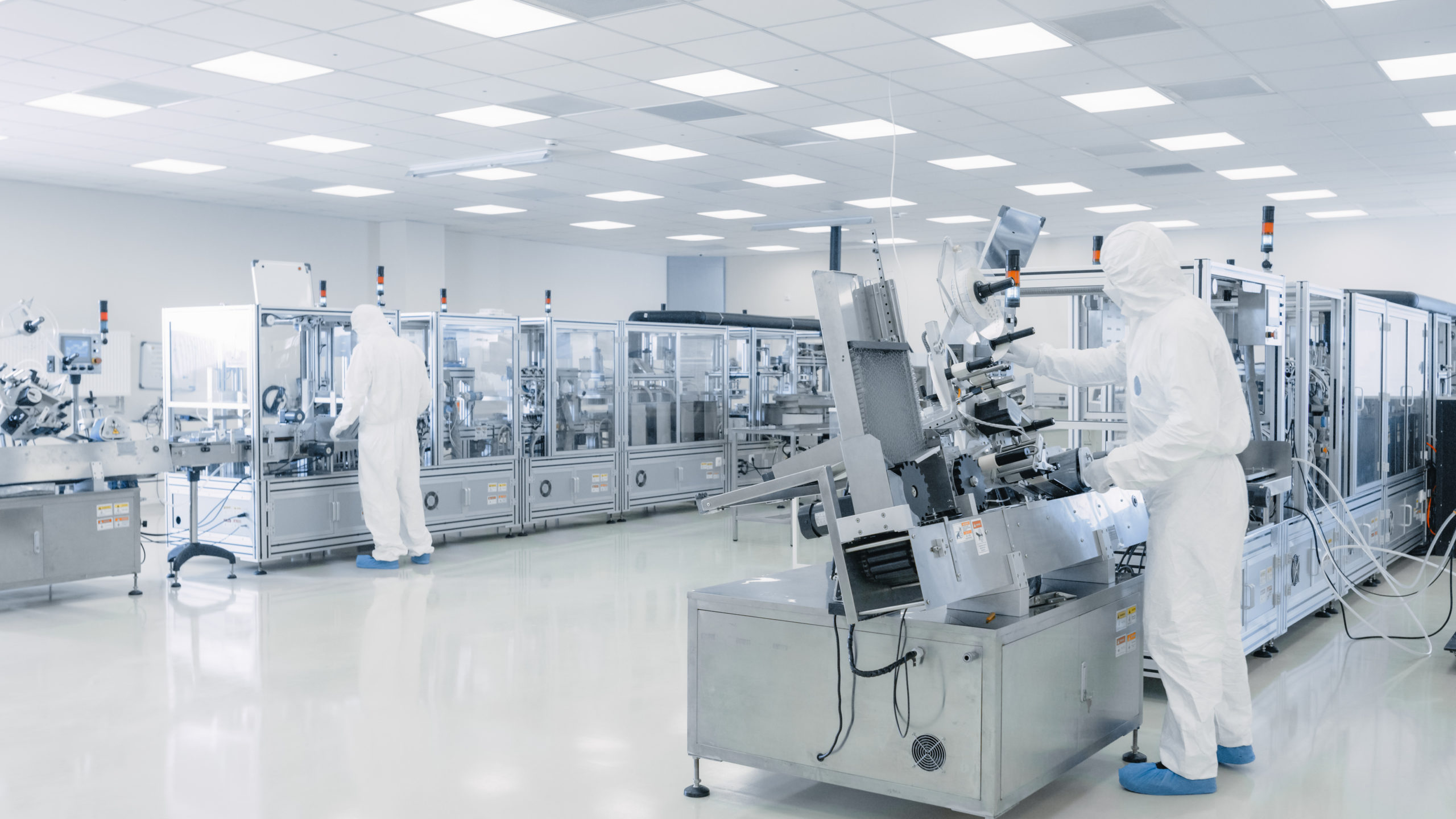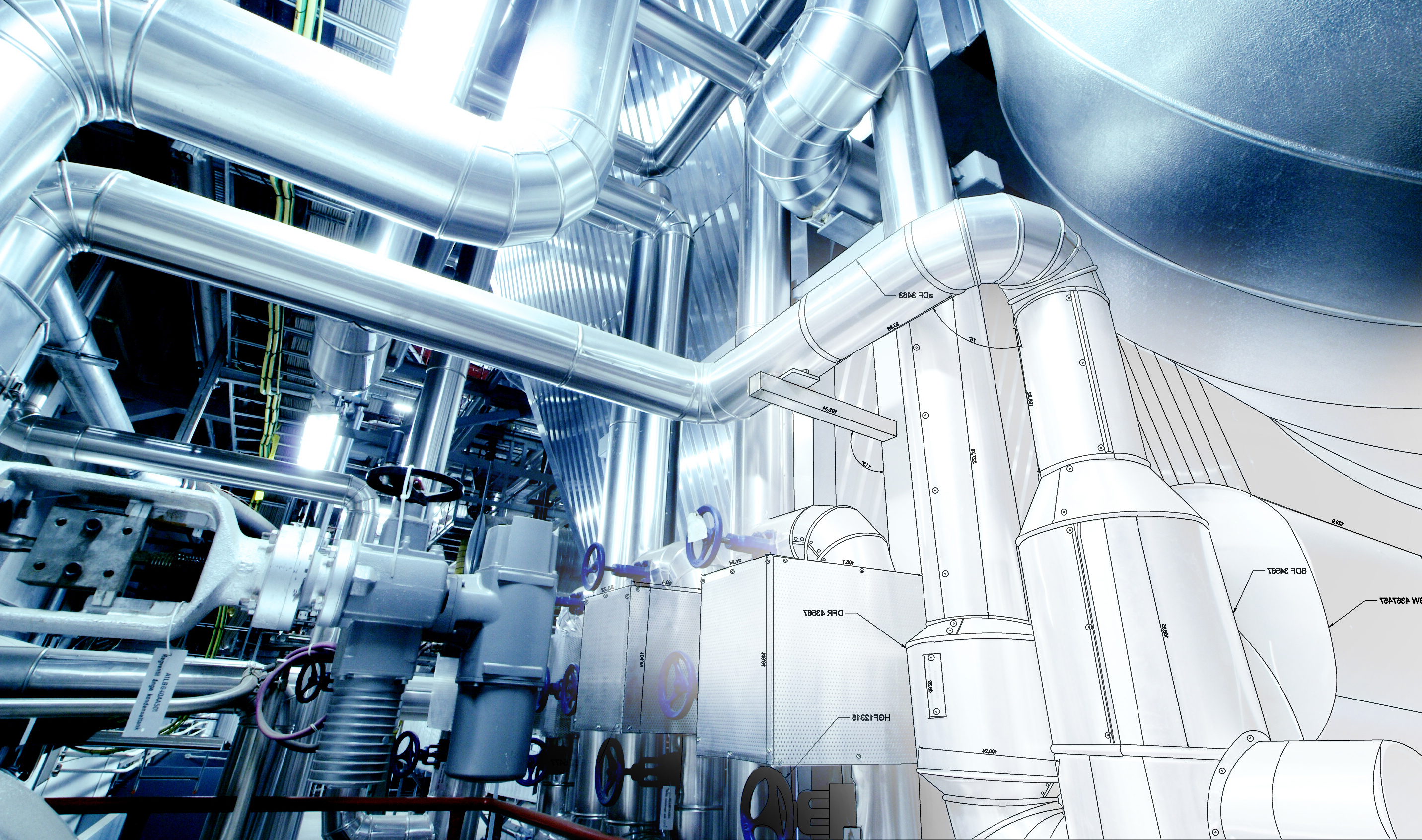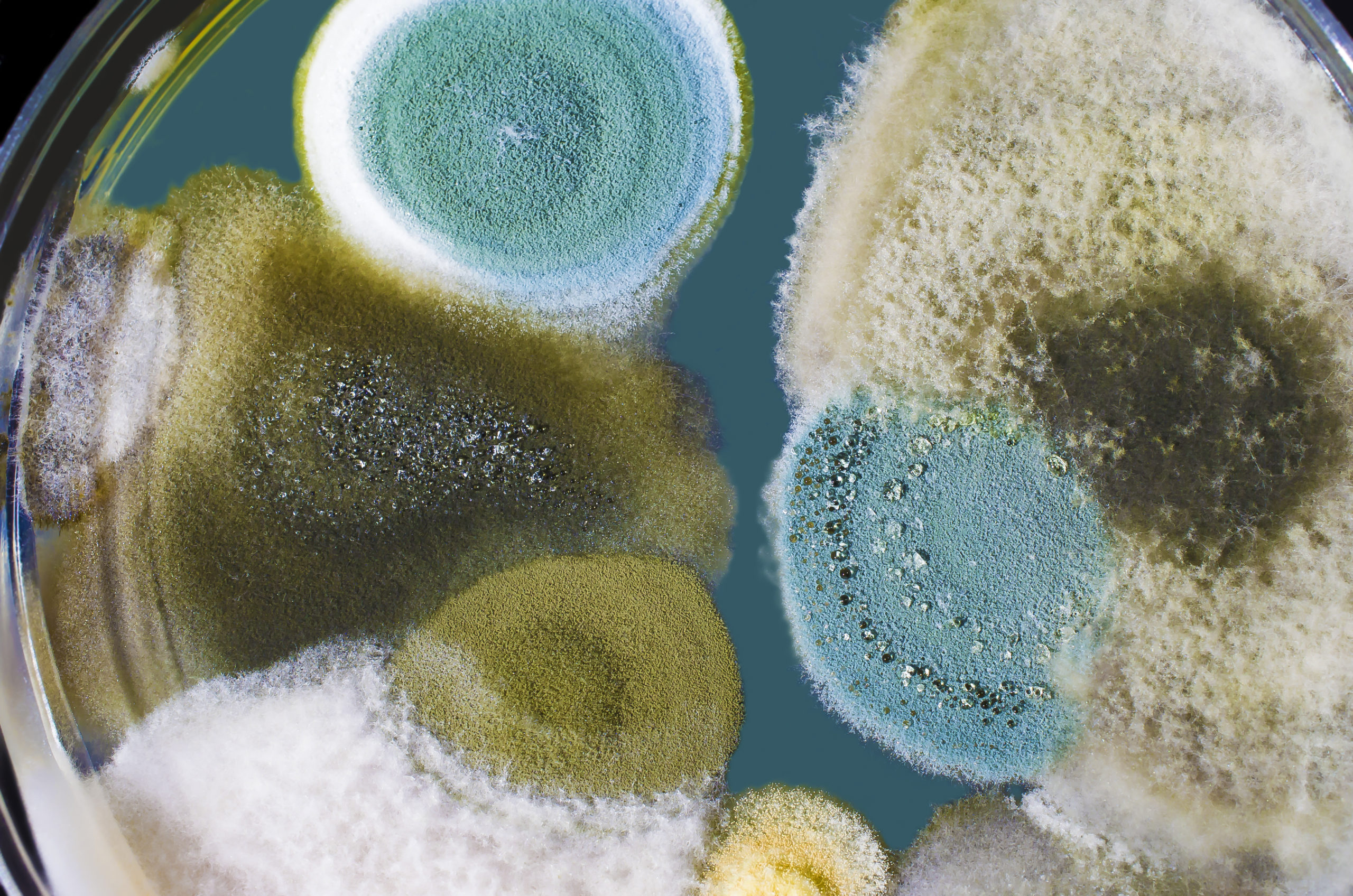Chromogenic Identification of Indicator Organisms
Microbial contamination can affect food, pharmaceutical, medical device, or packaging manufacturers and can have devastating effects.
Chromogenic Identification
Indicator organisms are often used as an early-detector that signals the presence of pathogens that require immediate investigation and remediation.
Compressed air that comes in direct or indirect contact with end-products presents a risk when the air is contaminated with microbes. For example, microorganisms such as Listeria can cause a recall, a plant shut down, or consumer illness. Regular testing for indicator organisms in compressed air can reveal contamination that could put users and consumers in danger.

What To Test For
There are many dangerous organisms that can exist in compressed air. To determine exactly what to test for, manufacturers must perform a risk assessment. Some products might be more at risk for Salmonella, while others more prone to E. coli contamination.
The following are indicator organisms that Trace Analytics can identify:


An average of over 20 food manufacturers each year issue recalls due to Listeria alone (FDA, 2018). Recalls are costly and potentially devastating. Bacteria like E. coli, Salmonella, Listeria, and Shigella can harm consumers and put manufacturers at risk of shut down for re-validation.
Because oil and water contamination, and lack of preventative maintenance on air distribution systems all act to create an ideal habitat for microorganisms, it’s important to employ proper dryers and filtration. Point-of-use filtration helps to protect the product from any contamination in the air system. However, anything from routine maintenance, to a leak, to an inadequate filter can allow for dangerous contamination to enter the system. Regular testing is critical to ensure that the system is functioning properly.
Since warm, dark, and moist environments are ideal for microbial growth, it is important to keep your compressed air clean and dry. Find more information on testing for particles, water, and oil here.
Sampling for Chromogenic Analysis

How to Sample
To facilitate these tests, an SAS Pinocchio Super II Impaction Sampler can be purchased or rented from Trace Analytics. Detailed instructions and step-by-step videos are available to ensure that microbial sampling is easy and straightforward. The media plates are then shipped overnight back to Trace Analytics for analysis. If there is growth, an AirCheck expert will reach out to let you know the next steps.

Analysis and Testing
First, our microbiologist conducts a total plate count (TPC) and Gram stains for bacteria. This type of enumeration can be done in aerobic and anaerobic environments for your compressed air or gases (e.g. oxygen or nitrogen), respectively. Bacterial classification by Gram stain can be done for all bacteria present on the sample plate. Your AirCheck Expert will let you know if your samples are eligible for further identification.

Reports and Troubleshooting
Our microbiologist will then perform chromogenic identification of indicator organisms. Most indicator organisms require a different, specialized media. An AirCheck expert can help determine the appropriate media. Organisms are then reported as “present” or “not detected”. For help with sampling or reading your report, please contact one of our AirCheck experts. Your results will be emailed to you and are available for download online.

Testing Made SimpleAccurateEasy
Trace Analytics’ laboratory is accredited by the American Association for Laboratory Accreditation. We use state-of-the-art lab equipment that allows us to analyze hundreds of compressed air and environmental samples daily. The result is consistency, accuracy, precision, and rapid turnaround. Trace is an A2LA accredited laboratory complying with ISO 17025, certificate #0322-01.




